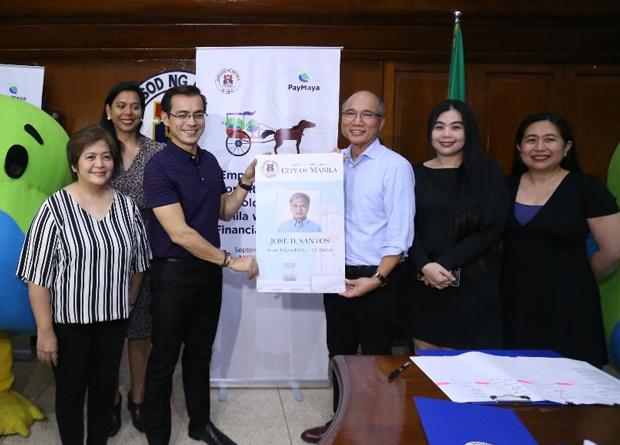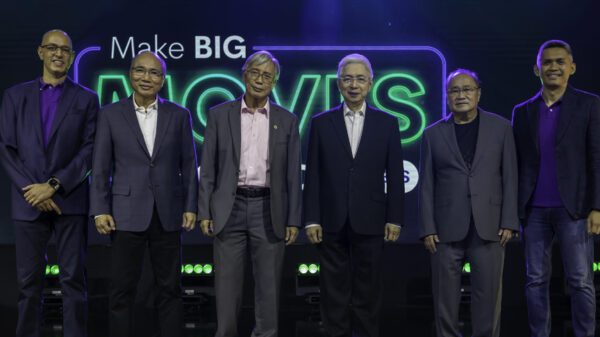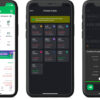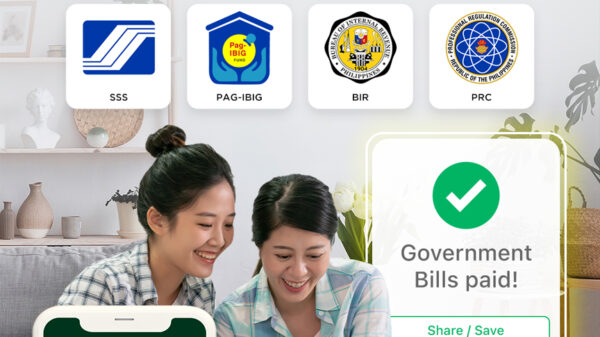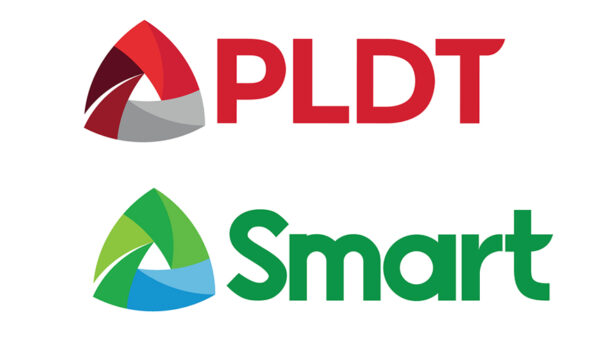In line with the city ordinance signed by Manila Mayor Francisco “Isko Moreno” Domagoso last July which provides for monthly stipends for the city’s senior citizens, persons with disabilities (PWDs), and solo parents, the City of Manila has entered into a partnership with digital financial services provider PayMaya so that these citizens will soon conveniently receive financial assistance and other benefits using an all-in-one citizen ID card.
Through the PayMaya-enabled citizen ID cards, disbursement of stipends can now be more efficient for the city government and more convenient for recipients. There is no need for them to go to the city hall or other government offices to be able to receive their allowances.
“We are happy to partner with PayMaya for this groundbreaking initiative for the City of Manila, which will help empower some of the most vulnerable citizens of our nation’s capital. Utilizing financial technologies to deliver efficient and transparent government services is in line with our goal of transforming Manila into a ‘smart city’ of the future,” Domagoso said.
Apart from being able to receive monthly stipends through their ID cards, recipients can also utilize other financial services once they link the card to the PayMaya app. These include access to discounted airtime load for all mobile networks, accessible bills payment, QR and card payments in PayMaya-enabled stores, restaurants, and groceries, sending money to other PayMaya account holders, and withdrawal of cash, among many others.
“We congratulate the City of Manila for this very progressive initiative, which builds on Mayor Isko’s string of citizen-centered initiatives over the last few months. PayMaya and the City of Manila have the same goals of enabling all citizens, and this partnership is just the first step toward that aspiration,” said PayMaya founder and CEO Orlando B. Vea.
The partnership, which aims to bring convenience to select Manila citizens, is just part of PayMaya’s mission of enabling financial inclusion all over the country, particularly the unbanked and underserved segments of the society.
By equipping them with an ID that doubles as a payment card, these citizens are empowered with tools that give them access to a financial account and help build their credit history that will open up opportunities for them to sign up for more financial products in the future.
With at least seven in 10 Filipinos not having a formal bank account according to the Bangko Sentral ng Pilipinas (BSP), this initiative will also help the BSP’s goal of increasing the percentage of digital transactions in the country by 20% by 2020, as outlined in the National Retail Payments System (NRPS) initiative.
“We are confident that with initiatives like this for the citizens of Manila, more Filipinos would be able to reap the benefits of digital services like PayMaya in their day-to-day lives,” Vea added.




















































































